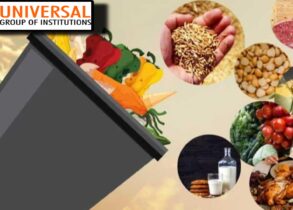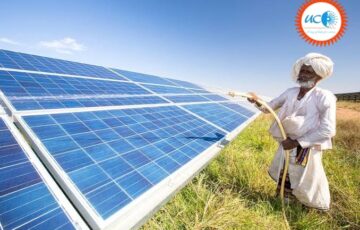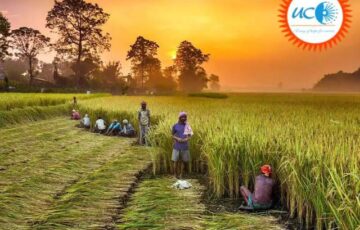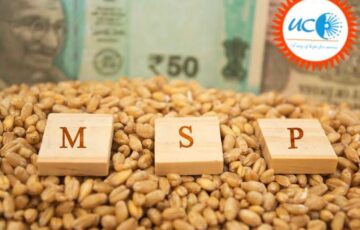Q. Harnessing Smart Agriculture can potentially be a game-changer for farm productivity in India. Discuss.
Approach:
- Define the concept of Smart Agriculture.
- Write about the potential of Smart Agriculture for increasing productivity in India.
- Conclude with a way forward.
Answer:
Smart Agriculture is an emerging concept that refers to managing farms using modern Information and Communication Technologies (ICTs) such as Internet of things (IoT), sensors, drones, AI, GPS etc. to increase the quantity and quality of products while optimizing the human labor required. The farmers in India, besides facing resource constraints, are not aware about modern farming techniques.
Smart Agriculture can help India improve its farm productivity due to following benefits that it offers:
- Precision agriculture: It makes the agricultural practices more precise and well-planned by including processes like real-time crop and soil condition monitoring, plant health tracking, and weather prediction. The farmers can administer their fields based on the insights obtained by this system.
- Soil study: Sensors will collect soil data which can be analysed to generate actionable messages for farmers besides helping in precision agriculture.
- Estimation of water requirements of crops: Crop water requirements depend on various conditions: crop types, season, climate, and growth stages of crops. ICT will help farmers make decisions on the amount of water their crops need in real time.
- Disease detection and diagnosis: Many crops get ruined due to lack of proper pesticide control mechanism. It can help in timely discovery of diseases by capturing images of plant leaves and analysing them through AI or transmitting them to remote libraries for detection.
- Fertilizer optimization: Applying fertilizer is an important farming activity with a potential to greatly affect farm productivity. It will help farmers taking decisions on which chemicals to apply and their crop-specific appropriate quantities.
- Agricultural drones: Since drones collect multispectral, thermal and visual imagery while flying, the data they gather provide farmers with insights into a whole array of metrics like canopy cover mapping, field water pond mapping, scouting reports, nitrogen content in wheat, drainage mapping, weed pressure mapping, and so on.
- Tackling climate change: Agriculture production is estimated to decrease by 10-20% by 2050 because of climate change. IoT based solutions can help cut GHG by precision farming and reducing agricultural wastage.
However, for India to take full benefit of smart agriculture, it is important that the supporting technologies and infrastructure along with skill training and increasing awareness of farmers are carried out in an effective and efficient manner. The focus should be on hands-on technology education to show farmers the real benefits of adopting technology.
Technology-enabled Smart Agriculture will not only be producing more crops, but will generate Big Data, on which will run analytics to forecast yield as well as incorporate weather patterns into agricultural practices and completely transform this industry.








